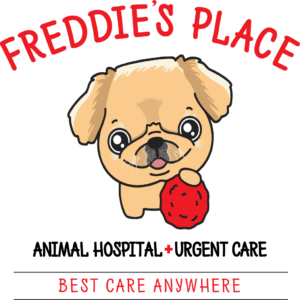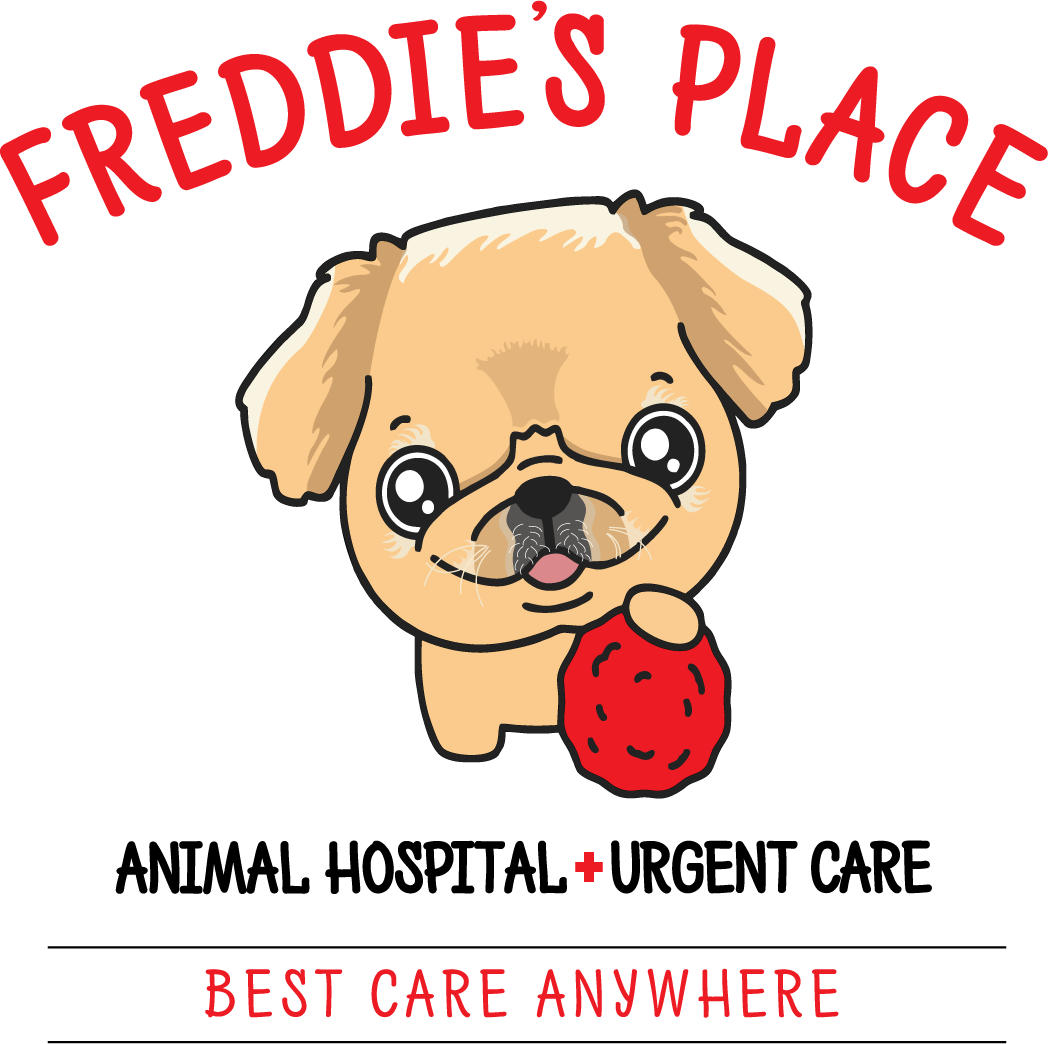 What you Can do to Help Animals in Shelters & Rescues
What you Can do to Help Animals in Shelters & Rescues
The 3rd week in July is designated as “National Feed a Shelter/Rescue Pet Week.” Shelters take in and support nearly 6.5 million animals in the United States every year. Food is the #1 cost of care, the #1 item on the “wish list of every shelter and rescue”, and lacking in every center. During National Feed a Shelter/Rescue Pet Week, additional focus is put on the financial burden the shelters are under to feed abandoned, rescued, lost, and surrendered animals. With this many animals in need of a Foster or Forever home, humans continue to buy from breeders, mills, and pets stores while dogs are suffering, alone and sad, caged in these facilities.
If we further focus on the shelters, and the animals they care for, you’ll see some shocking facts. The Human Society of the United States (ASPCA) posted the following numbers in a recent online article.
If you consider there are 78 million dogs and 85.8 million cats in homes in the United States, the 6.3 million in shelters are just a drop in the overall population bucket. But… they are living, breathing, hopeful, sad and afraid, very traumatized beings who don’t understand why this is happening to them. Shelter workers tell stories of watching hope vanish and spirits broken in the cages and kennels of animal shelters. It is a life of little freedom, almost no joy, very scarce play time, and the feeling of gloom and doom in the air all around them. The noise difference from their former homes is enough to damage pets who are suddenly turned into shelters, or find themselves lost, abandoned, or forgotten wards of the centers.
When deciding how, where, and what pet to bring into their home, people actually do little research on the breed or species, instead getting word of mouth endorsements from friend or family. This leads to unrealistic expectations, wrong fit animals to a family vibe, mismatched breed to the needs of the owners, and the rise of breeder sales. Why take a chance on an older “retread” pet, when you can get a new kitten or puppy that has no visible baggage? Shelter life is a lonely lot, existing for the next meal, the next playtime, the next human that might pay attention to you, and in some cases, the clock is ticking on their time remaining to live. There are better solutions to help the forgotten masses in shelters and rescues.
Did you know…
The cost of boarding, medical, food, and staff at Animal Shelters ran over nine million dollars last year. Adoption fees charged by the centers help to off set this staggering cost but in reality, it those fees only cover about 1/3 of the cost to keep and care for the animal prior to adoption.
Shelter life is not fun, but it’s also not cheap! Shelters often run dangerously low on food, toys, blankets, cost for medical checkups and procedures needed to improve life quality and prepare dogs to be adoptable in a new home. We will go into detail on what you can personally do to help later in the blog.
On the positive side, when you take your shelter dog home, they have been examined, given all shots and vaccines, wormed, given flea meds, had all surgery’s needed (including spay/neuter), and nursed back to health from whatever condition they were at intake. In addition, most shelter pets come with 30 day of pet insurance coverage, a free follow up exam from a participating vet, a 14 day supply of any medications they might need, a free collar/chip/ID tag, and carry a 60 day return period (ask your local shelter to detail what meds/procedures/exams the pet your are homing had, and what is included at discharge).
How can I help the animals in my local Shelter or Rescue?
Cuddly.com lists the following as the MOST needed items in these centers of care
Dog and Cat Food– Animals need to eat and we’ve all seen the cost of pet food rising. Sure, shelters and Rescues use some of their funding, donations, and corporate gifts to to feed but its never enough. Food is in huge demand. Your personal donations of food and treats (Take your favorite brand or ask the organization what they use and seek that out).
Money, Money, Money, Money– Food is groovy, but food doesn’t pay the bills or the total expense of care. Medical, utilities, medications, supplies like blankets or toys, building maintenance, transport, clerical fees, this all cost cold hard cash. A one time, monthly, or annual donation to your favorite organization helps the world go round for these entities.
Your Time – Volunteers play pivotal and important roles. Regardless if your helping with transport, helping with play/socialize/exercise time, pitch in to just read or talk to pets to provide attention and love, all of these things are vital to the health and well being of the animals. Shelters simply can’t afford huge staff number, so your time and effort is worth more than money in a lot of cases. Call to ask how you can get hands on with these lost souls.
Big Ticket Items – Cages for transport or safe keeping, soft sheets or blankets, toys, bath and grooming equipment, bandages, towels, other sundries. Call and ask your shelter/rescue of choice what they need the most.
Cleaning or Office Supplies – the cost of doing business is huge. Paper, staples, disinfectant spray, floor cleaner, anti-bacterial wipes, pens, paperclips… it’s all in use every day in this world. We all know how much these needed supplies can run. Find out what office or cleaning stuff your local shelter might be low on.
Adopt Don’t Shop – Set the example and foster or bring home one of the many who need homes. Talk up the shelter/rescue, the process and the need for good homes. Your word of mouth has 20 times the impact of a commercial or ad. Be the champion of this cause and sell great feeling one gets from helping an animal in need, explain the plus side of adopting a mature or senior animal vs a new puppy, talk about the overcrowding and sadness of a shelter and how no animal deserve a life like that when so many homes are looking for the best pet possible. Invite them to search the shelter cages and see if they can leave without one who needs home.
Share Posts and Promote the Venues – Social media is powerful. Most Shelters and Rescues have social media presence. Like, share, comment on their posts. Make people see the pictures and facts about the animals. Shelter and Rescue pets have a story and can buy their own ticket to forever with your help to promote them. This is easy and free to do.
Regardless how you give it, your support matters. The animals don’t care how or what you do to help, but the impact will be felt immediately and the appreciated 1000 times over. With a little help from each of us, 6.3 million can drop every year. Make is cool to adopt, make it make sense to adopt, make it a visible priority to adopt.
Keep in mind that feeding is done in multiple ways. Providing food of the stomach, soul, body, minds of the animals and organizations who house them is the ultimate goal. YOU can decide to get off the sidelines and into the game to enrich shelter animal lives and help find forever homes for those who cannot help themselves. They didn’t ask for these lives, they didn’t ask to be lost, abandoned, given up on, left like trash on the side of the road… and they certainly don’t understand where their people went and why they haven’t come back. If everyone would just care, a little, the numbers would tilt, a lot!
Freddie was a Superhero that organized and participated in food giveaways for pets in need, his foundation, A Favor for Freddie, has (and does) provide assistance to pets in need in many ways. Fred was a one-of-a-kind therapy dog and spokes canine for the millions of animals who didn’t have a voice of their own. It’s easy to be a hero, all you have to do is give a little of yourself to the most worth cause you can find… no Superpowers needed, just love.
We hope you found some new information, a renewed drive, or a new purpose from today’s blog. As a nation we need focus on the animals of Shelter and Rescues not only on special holidays or day of remembrance, but every day. Hunger, sadness, loneliness, and defeat don’t take days off, and neither should we. Adopt, don’t Shop, spread the word and make a difference, help where and how you personally can. Your effort will spread like wildfire in dry leaves, and YOU can save the day!
From all of us at #FreddieSez, that’s all for our Dog Blog this week. July will give way to August heat very soon. Be sure you’re pets have water, cool places to relax, and that you know the rules of keeping your pet safe on sweltering day. We have blogs on keeping safe from the heat, and many other topic in our #FreddieSez library. Be sure to check out our titles and find out more about what #FreddieSez.
Till next time we hope you’re safe, healthy, happy, and pet friendly!





Leave A Comment